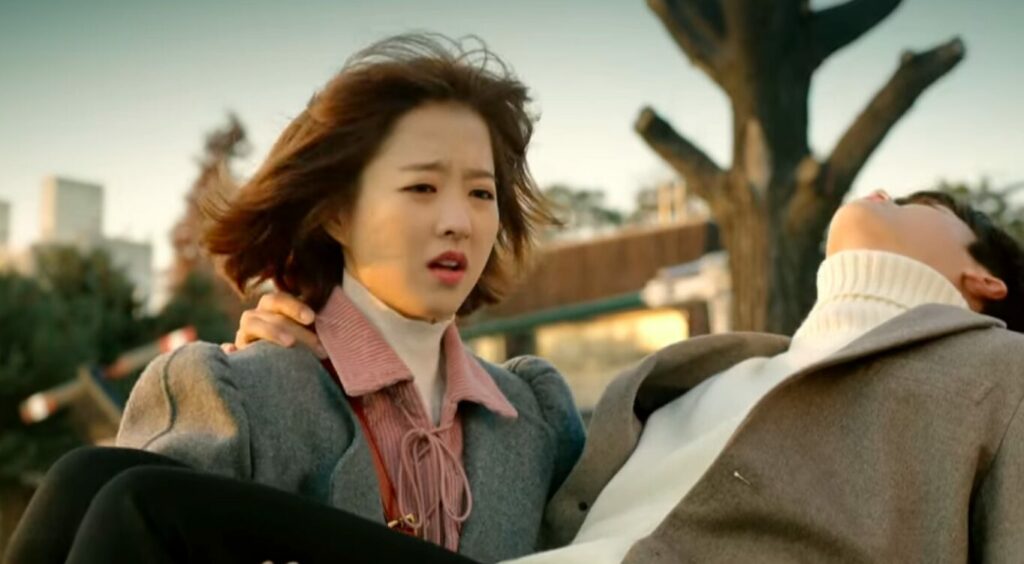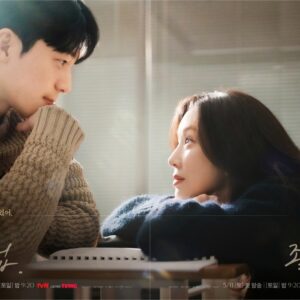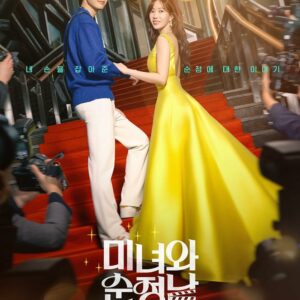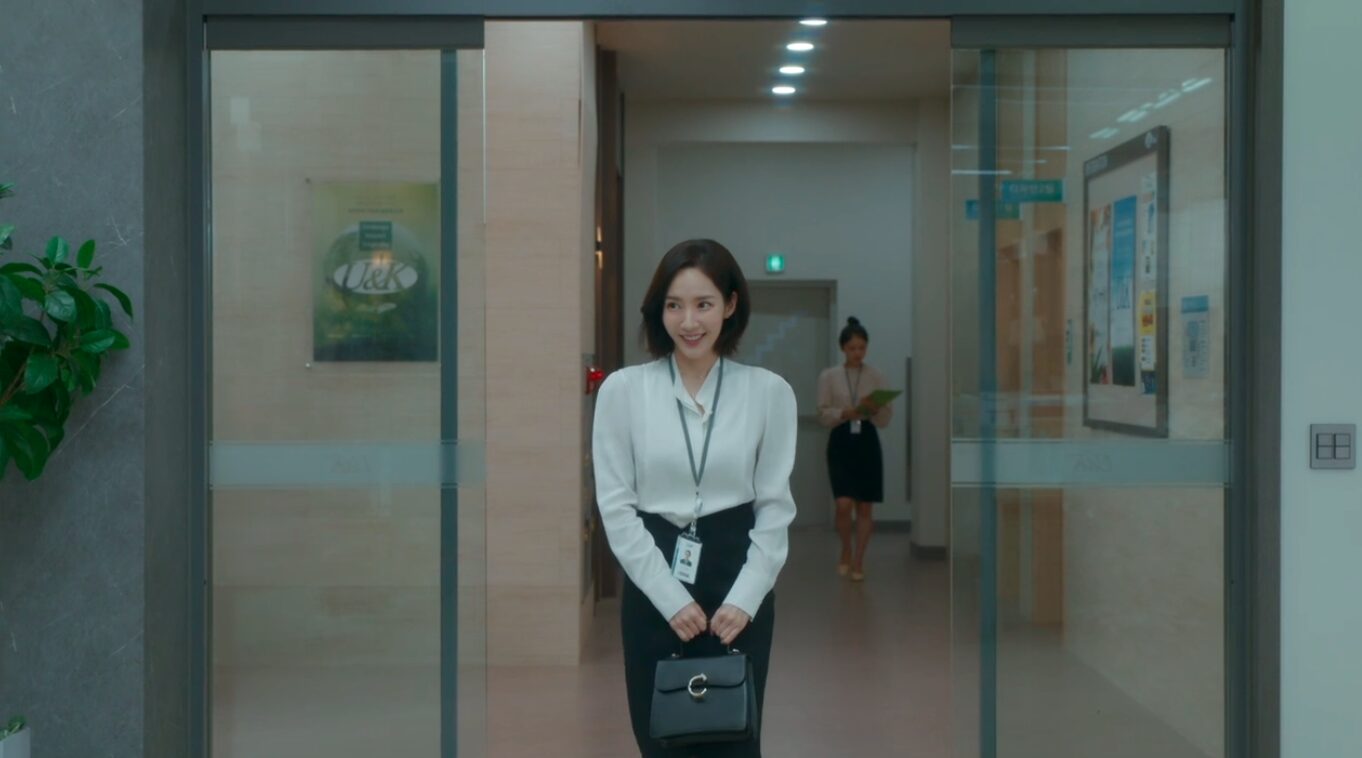Relationships are a partnership. We all know this; we even repeat it like a mantra in comments sections. But television is still replete with relationships portrayed as “romantic” despite a power imbalance that can sometimes verge on the disturbing.
From Strong Woman Do Bong-soon to I’m Not a Robot, dramaland is full of romances that are notable for true partnership, mutual respect, and consideration. And yet for every Min-min and Bong-bong, there are another five Goblin child brides or Playful Kiss’ domestic slaves.

These relationships are imbalanced, disturbing, and in some cases abusive but they continue to be portrayed as romantic. In 2018, it seems women are still being told that a controlling partner who infantilizes and demeans you is not only acceptable but desirable, especially if he’s wealthy and good-looking.
But before we condemn television with a wave of our judgemental hand, we should take the time to celebrate those relationships that really are a true OTP: a One True Partnership.
In the beginning of Witch’s Romance, 39-year-old Ji-yeon is constantly harassed by her frantic mother to marry quickly. She’s berated for still being single when she’s nearly 40. The message seems to be clear — a woman must get married and she must do it before she’s too old to be desirable. Already on the cusp of middle age, she’s asked to compromise her supposedly too-high standards and tie the knot quickly.
Later in the show, however, her mother clarifies her position. She wants her daughter married not for marriage’s sake but because she wants her to face life with a partner. Life is easier, she says, when you don’t walk it alone. But that doesn’t mean you marry anybody. She would rather her daughter be single than married badly and so she cautions her against rushing into marriage if she’s uncertain of the man she’s engaged to.

It’s this emphasis on partnership that underpins many of the female lead’s relationships with the men in her life. Faced with a choice between a socially acceptable mate and a true life partner, she eventually has the courage to choose the latter, even with the large age difference. While this show has definite flaws, the underpinning message is that coupling up is less important than finding a true partnership.
So much of television is concerned with portraying cold, wealthy jerks saved by the love of a good woman. But just because it’s a trope doesn’t mean it can’t be done well. Strong Woman’s Bong-soon and Min-hyuk were such a popular pairing, not because of the way in which they embodied this trope but because of the way in which they subverted it. She was as damaged by feelings of difference and isolation as he was, and while she was able to give him the family he lacked, he was able to give her the confidence to be herself and to embrace her abilities.

Who can forget watching I’m Not a Robot and realising that Min-kyu knew and loved Jia in four different ways before realizing she was the same person? And those ways were for her brains, her abilities, her loyalty, and her heart. And while she originally thought he was a nasty jerk and possibly insane, she eventually fell for his kindness, vulnerability, and emotional honesty.
Most importantly, these two gave each other strength. For her, it was strength to be herself and pursue her dreams, and for him it was the strength to face the world and participate in it fully. They were better together, not just as a couple but as individuals as well.

This couple’s portrayal as a relationship of equal partners was implied, not just in the overt dialogue and plotting of the show but in the way in which their interactions were framed by the director. While Min-kyu and Aji-3 were constantly framed with him in a dominant position to her, Min-kyu and Jia in comparison were framed on the same level, despite Yoo Seung-ho being taller than Chae Soo-bin.

It’s no surprise that this OTP is one of the most popular among recent dramaland shows, and is a reminder that OTP should stand for One True Partnership.



